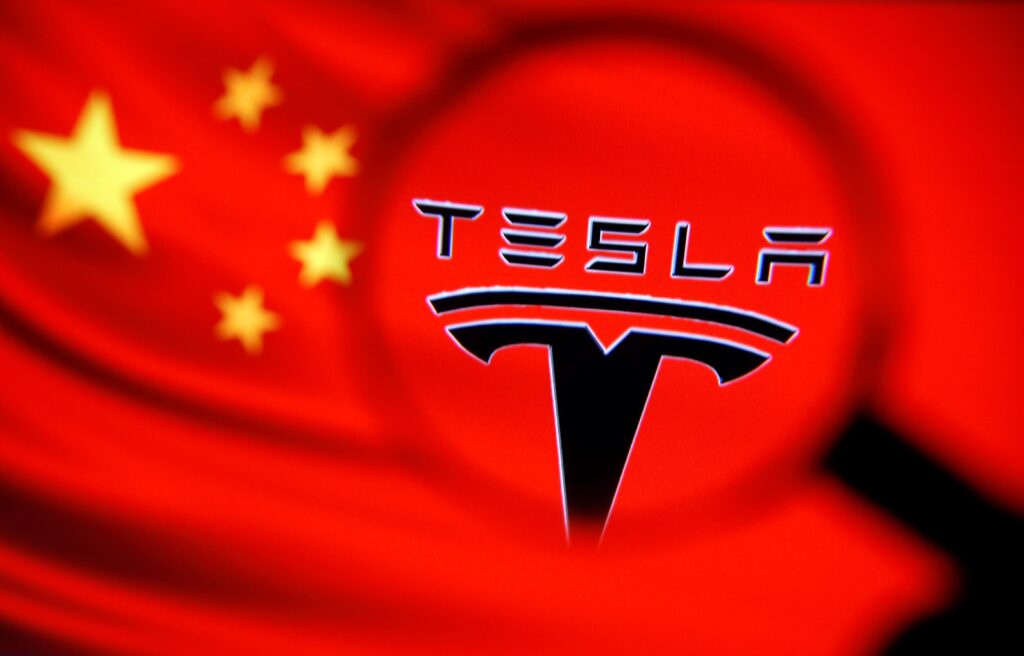Tesla has long been the enfant terrible of the auto industry, shattering conventions with its sleek EVs, bold promises, and a stock price that defies gravity. Traditional automakers, once dismissive, now scramble to catch up, launching their own electric fleets while navigating supply chain chaos and regulatory hurdles. But as the dust settles, the real question emerges: Is Tesla truly revolutionizing the industry, or are legacy manufacturers poised to strike back?
The Auto Industry’s High-Stakes Evolution
For over a century, titans like Ford, General Motors, and Toyota have dictated the rhythm of the auto industry. Their tried-and-true formula: incremental innovation, robust dealer networks, and an intricate supply chain. Enter Tesla, which tore up the rulebook, betting on direct-to-consumer sales, radical software integration, and relentless PR spectacle courtesy of its CEO, Elon Musk.
The results? A market valuation that, at its peak, eclipsed the combined worth of its biggest competitors, despite Tesla producing a fraction of the cars. Meanwhile, legacy automakers, initially slow to react, are now ramping up production of electric vehicles (EVs) at breakneck speed. General Motors has pledged to go all-electric by 2035, Volkswagen is pouring billions into battery technology, and Ford’s F-150 Lightning is electrifying America’s best-selling vehicle.
So, is Tesla still the industry disruptor, or are traditional automakers finally seizing the wheel?
Tesla’s Edge: Brand, Tech, and First-Mover Advantage
Tesla’s brand recognition is unparalleled. While Toyota and GM spent decades building consumer trust, Tesla cultivated a cult-like following in mere years. Musk’s ability to generate headlines—whether for self-driving breakthroughs or eyebrow-raising tweets—has kept Tesla perpetually in the spotlight.
More than just marketing, Tesla’s software-driven approach sets it apart. Unlike legacy automakers, which treat software as an afterthought, Tesla designed its vehicles as rolling computers. Over-the-air (OTA) updates allow Tesla owners to wake up to a car that’s faster, safer, and more efficient than the night before. Traditional manufacturers are scrambling to match this, but their deeply entrenched supply chains and dealer networks pose structural challenges.
Moreover, Tesla has been aggressive in securing battery supply and scaling production. The company’s gigafactories span continents, from Nevada to Shanghai, reinforcing its ability to meet surging demand—even amid global chip shortages.
The Counterpunch: Why Legacy Automakers Still Matter
Despite Tesla’s meteoric rise, legacy automakers aren’t waving the white flag just yet. Their ace? Manufacturing experience and global scale. While Tesla continues to struggle with production bottlenecks and service infrastructure, giants like Toyota and Volkswagen churn out millions of vehicles annually with well-oiled precision.
Then there’s pricing. Tesla, long hailed for its affordability in the EV sector, has raised prices multiple times due to supply constraints. Meanwhile, Ford’s Mustang Mach-E and Volkswagen’s ID.4 offer compelling alternatives at competitive price points, challenging Tesla’s dominance in the mass-market EV space.
Additionally, legacy brands enjoy extensive dealership and service networks—an area where Tesla remains vulnerable. A common complaint among Tesla owners is the long wait times for repairs, a stark contrast to the rapid service offered by established brands. This operational advantage may tilt the long-term battle in favor of legacy automakers as they refine their EV offerings.
The Verdict: Disruptor vs. Incumbents
The answer to who will win? isn’t a simple binary. Tesla has successfully disrupted the industry by forcing traditional automakers to accelerate their EV strategies, proving that an electric-first future is not just viable but inevitable. Yet, legacy manufacturers have the resources, infrastructure, and experience to claw back market share over time.
A hybrid future (pun intended) seems likely: Tesla will continue pushing boundaries with innovation, while traditional automakers leverage their production muscle to deliver EVs at scale. The real winner? Consumers, who will have more choices, better technology, and a front-row seat to one of the most dramatic shifts in automotive history.
The road ahead is anything but smooth. But one thing is clear: Tesla’s disruption has permanently changed the auto industry — and there’s no turning back.






